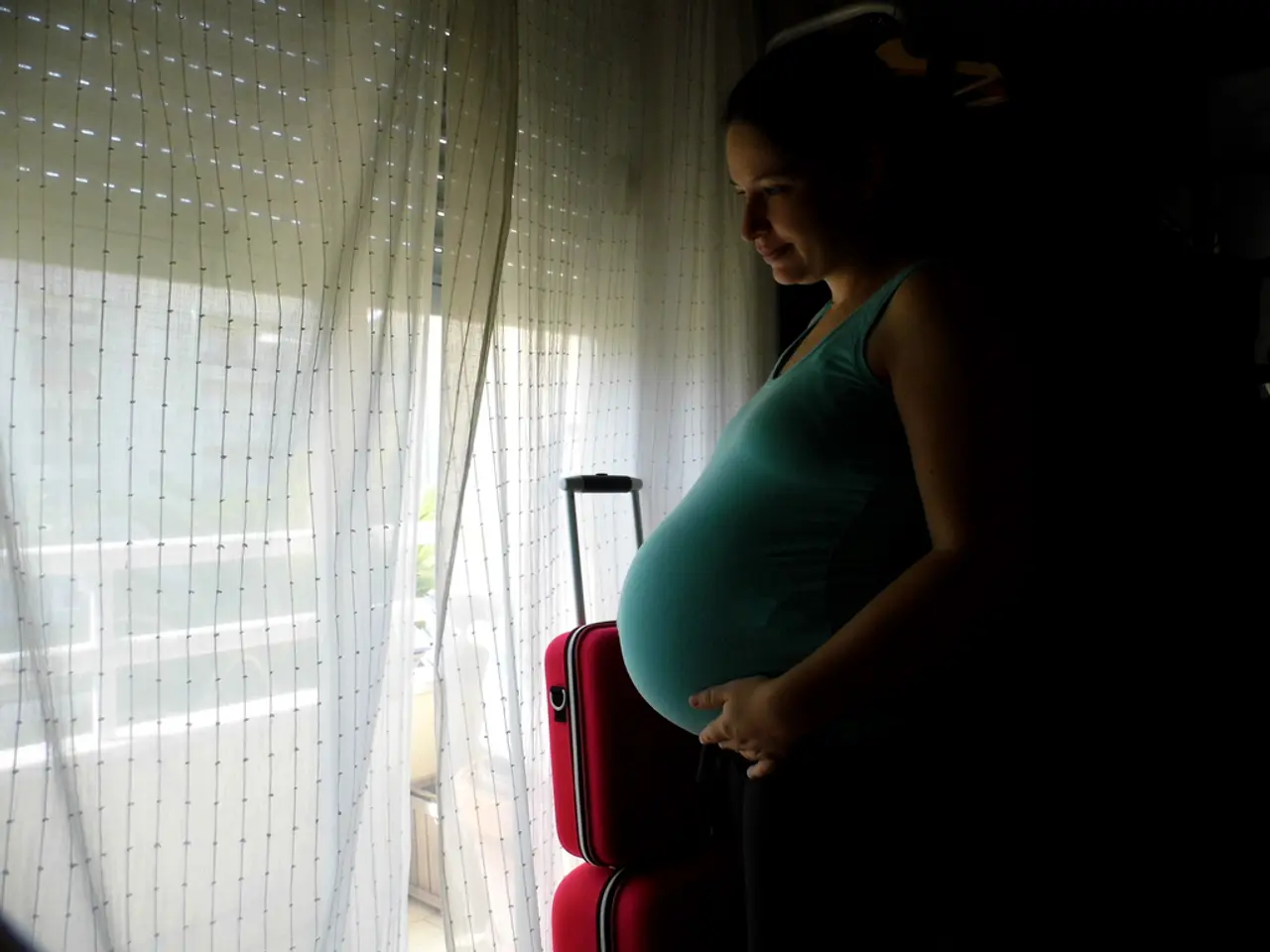Japanese Scientists Perform Operations to Reduce Number of Fetuses in Multiple Pregnancies
In a groundbreaking development, the University of Osaka Hospital in Japan has successfully completed a clinical study on multifetal pregnancy reduction, marking a significant step forward in managing multiple pregnancies resulting from fertility treatments.
Led by Professor Masayuki Endo, the research team performed surgeries on 10 pregnant women aged between 20 and 40 years, all of whom were carrying triplets or more, or twins with serious maternal complications. The operations, which took place between March and December 2024, involved injecting a drug directly into the hearts of the fetuses targeted for reduction between 11 and 13 weeks of pregnancy.
The aim was to reduce the number of fetuses to one or two, improving health outcomes for both the mother and the remaining fetuses. The selection of fetuses for reduction was based on considerations of minimising impact on the other fetuses and the mother, with no genetic or gender tests used to guide the process.
The clinical study demonstrated high reliability and yielded an 89.5% survival rate for the remaining fetuses one week after the procedure. Following the trial, the hospital performed multifetal reduction surgeries on two more expectant mothers with positive outcomes.
Under Japan's Maternal Health Law, multifetal pregnancy reduction is not classified as abortion and has been endorsed by a 2003 Health, Labor and Welfare Ministry committee as a procedure that can be done to protect the health of mothers and infants, though it demands careful case-by-case consideration.
Professor Endo, deputy of the Center for Fetal Diagnosis and Treatment, emphasised the need for normalising multifetal reduction as a viable and ethically considered option for families facing multiple pregnancies. He highlighted that the conversation about this procedure has been stagnant, despite increasing demand, and that women often experience guilt due to the procedure not being widely accepted socially.
This milestone at the University of Osaka Hospital represents a pioneering clinical research effort that confirms the safety and effectiveness of multifetal pregnancy reduction in Japan, opening avenues for broader acceptance and use of this procedure in appropriate cases. The results of the surgeries were presented to the Japan Society of Perinatal and Neonatal Medicine.
- The successful clinical study at the University of Osaka Hospital, led by Professor Masayuki Endo, has served as a stepping stone for the integration of multifetal pregnancy reduction in the field of health-and-wellness, particularly in mental-health discussions, as it aims to alleviate stress on families dealing with multiple pregnancies.
- In light of the high survival rate of the remaining fetuses after the operation and the positive outcomes from additional procedures, the Center for Fetal Diagnosis and Treatment, led by Professor Endo, plans to advocate for therapies-and-treatments like multifetal pregnancy reduction to be recognized not only as a scientific advancement, but also as a means of improving the overall well-being of both mothers and their offspring within society.
- As the conversation about multifetal pregnancy reduction shifts towards greater acceptance, it is essential for policymakers and healthcare providers to collaborate in creating guidelines for the arts and humanities to contribute, ensuring that the emotional and cultural aspects of these procedures are addressed and accommodated, thus enhancing their accessibility to those in need.




